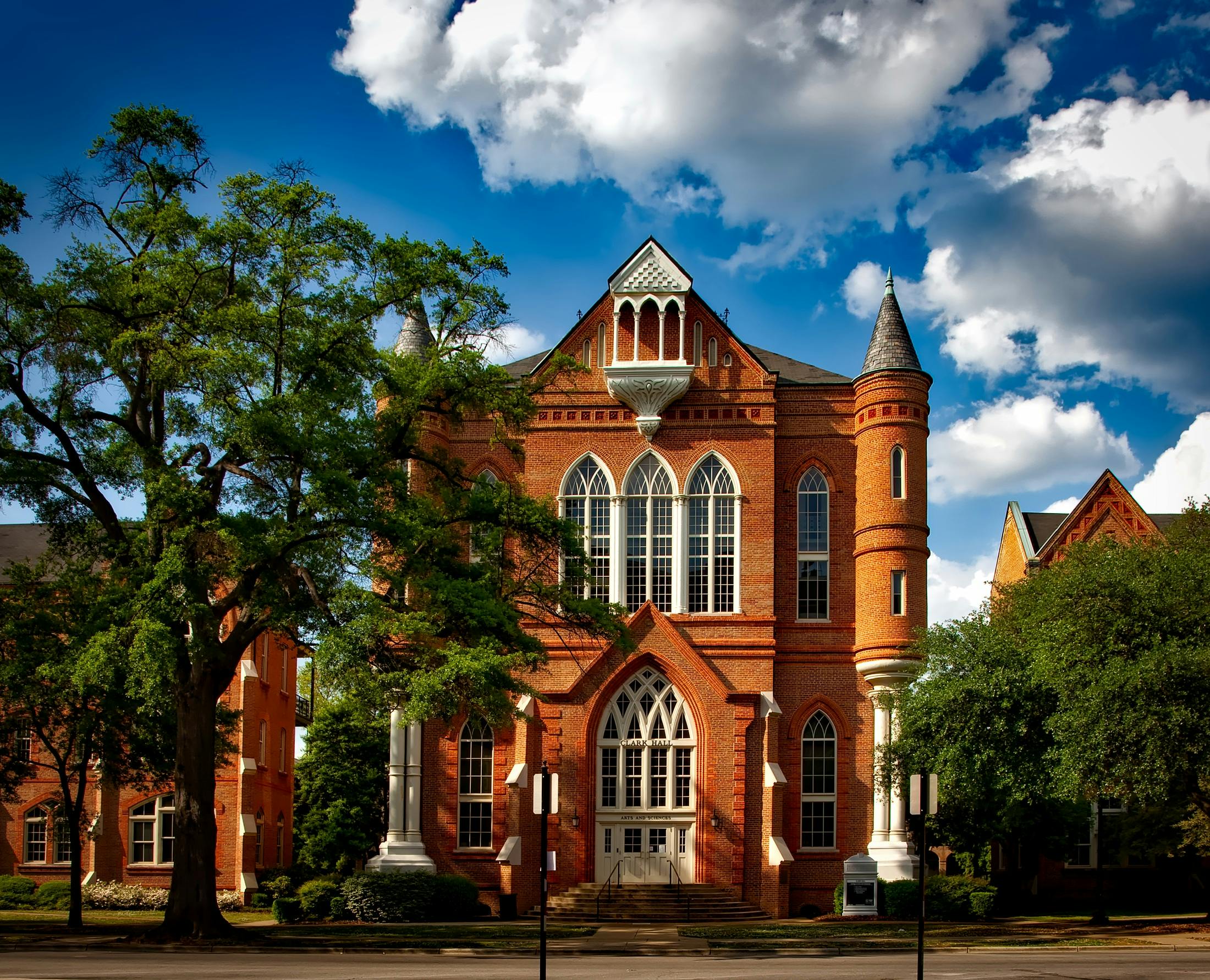An MBA Degree(Master of Business Administration) degree has long been a coveted credential in the professional world. In America, an MBA Degree is not just a degree; it’s a gateway to numerous opportunities in various industries. Whether you’re looking to climb the corporate ladder, switch careers, or start your own business, an MBA Degree can provide the knowledge, skills, and network you need to succeed.
What is an MBA?

An MBA, or Master of Business Administration, is a graduate-level degree focused on business and management principles. It was first introduced in the early 20th century in response to the industrialization needs of companies. The goal was to create a formal education system to train managers and business leaders. Today, the MBA is one of the most popular and respected postgraduate degrees worldwide.
Types of MBA Programs
Full-time MBA
A full-time MBA is the traditional format, typically taking two years to complete. It is ideal for students who can dedicate themselves entirely to their studies without the distraction of work commitments.
Part-time MBA
A part-time MBA is designed for working professionals. It offers flexible schedules, often with evening or weekend classes, allowing students to balance their job and studies.
Executive MBA (EMBA)
The Executive MBA is tailored for experienced professionals looking to enhance their leadership skills. Classes are usually held on weekends and the program is completed in one to two years.
Online MBA
Online MBA programs have gained popularity due to their flexibility. Students can complete coursework from anywhere, making it a great option for those who cannot relocate or need to juggle multiple responsibilities.
Top MBA Schools in America
Harvard Business School
Harvard Business School is one of the most prestigious business schools globally, known for its rigorous curriculum and influential alumni network.
Stanford Graduate School of Business
Stanford offers an innovative approach to business education, emphasizing entrepreneurship and technology.
Read More: https://readzos.com/12-companies-with-legitimate-work-from-home-jobs/
Wharton School at the University of Pennsylvania
Wharton is renowned for its finance program and extensive research opportunities.
Admission Requirements
Getting into a top MBA program is competitive. Here are the common requirements:
Academic Qualifications
A bachelor’s degree from an accredited institution is required. Most schools also look for a strong academic record.
GMAT/GRE Scores
High scores on the GMAT or GRE are crucial. These standardized tests assess analytical, writing, quantitative, verbal, and reading skills.
Work Experience
Most MBA programs prefer candidates with at least two to five years of professional experience.
Personal Essays and Interviews
Essays and interviews provide insight into a candidate’s personality, goals, and suitability for the program.
Curriculum and Specializations
Core Courses
Core courses cover fundamental business topics such as finance, marketing, operations, and strategy.
Elective Courses
Electives allow students to tailor their education to their interests and career goals.
Popular Specializations
Common specializations include finance, marketing, entrepreneurship, international business, and information technology.
Benefits of an MBA Degree
Career Advancement
An MBA can open doors to higher-level positions and increased responsibilities.
Networking Opportunities
MBA programs offer extensive networking opportunities through classmates, alumni, professors, and industry connections.
Skill Development
Students gain valuable skills in leadership, critical thinking, and problem-solving.
Cost of an MBA
Tuition Fees
Tuition for top MBA programs can range from $60,000 to $100,000 per year.
Additional Expenses
Additional costs include books, housing, and other living expenses.
Financial Aid Options
Scholarships, grants, and student loans are available to help offset the cost.
MBA vs. Other Graduate Degrees
Comparison with MS in Business, MA, and Others
While an MBA focuses on broad business management skills, other degrees like a Master of Science (MS) in Business or a Master of Arts (MA) might focus on specific areas such as economics or communication.
Pros and Cons
An MBA offers versatility and broad applicability, but it can be expensive and time-consuming.
Job Opportunities Post-MBA
Common Career Paths
Graduates often pursue careers in consulting, finance, marketing, and management.
High-Paying Industries
Industries such as finance, technology, and healthcare offer lucrative opportunities for MBA graduates.
Success Stories
Many successful entrepreneurs and business leaders hold MBA degrees.
Challenges of Pursuing an MBA
Time Commitment
Balancing studies with personal and professional responsibilities can be challenging.
Financial Burden
The high cost of tuition and living expenses can be a significant financial strain.
Academic Rigor
The coursework is demanding and requires a strong commitment.
How to Choose the Right MBA Program
Accreditation
Ensure the program is accredited by a recognized accrediting body.
School Reputation
Consider the school’s reputation, faculty, and alumni network.
Personal Goals and Circumstances
Choose a program that aligns with your career goals, lifestyle, and financial situation.
Online vs. On-Campus MBA Programs
Pros and Cons of Online MBAs
Online programs offer flexibility but may lack the networking opportunities of on-campus programs.
Suitability for Different Types of Students
Online MBAs are ideal for working professionals or those who cannot relocate.
Future Trends in MBA Education
Technological Advancements
The integration of technology in education is creating new learning opportunities.
Emerging Specializations
Fields such as data analytics and sustainability are becoming popular specializations.
Globalization of MBA Programs
MBA Degree programs are increasingly incorporating global perspectives and international experiences.
Conclusion
An MBA degree in America offers a plethora of opportunities for career advancement, skill development, and personal growth. While the journey is demanding, the rewards can be significant. Whether you choose a full-time, part-time, executive, or online program, an MBA can be a transformative experience.
FAQs
What is the average salary for MBA graduates in America?
The average salary for MBA graduates in America can range from $100,000 to $150,000 per year, depending on the industry and role.
How long does it take to complete an MBA?
A full-time MBA typically takes two years to complete, while part-time and online programs can take three to four years.
Can I get an MBA without work experience?
Some programs accept candidates without work experience, but most top programs prefer applicants with professional experience.
What is the difference between an MBA and an Executive MBA?
An MBA is generally aimed at early-career professionals, while an Executive MBA is designed for experienced professionals looking to advance their leadership skills.
Are online MBA programs respected by employers?
Yes, many online MBA programs are respected by employers, especially if they are accredited and offered by reputable institutions.





